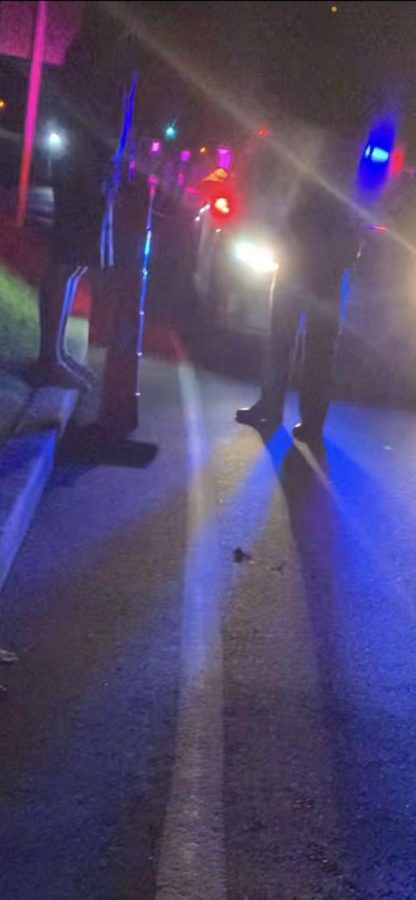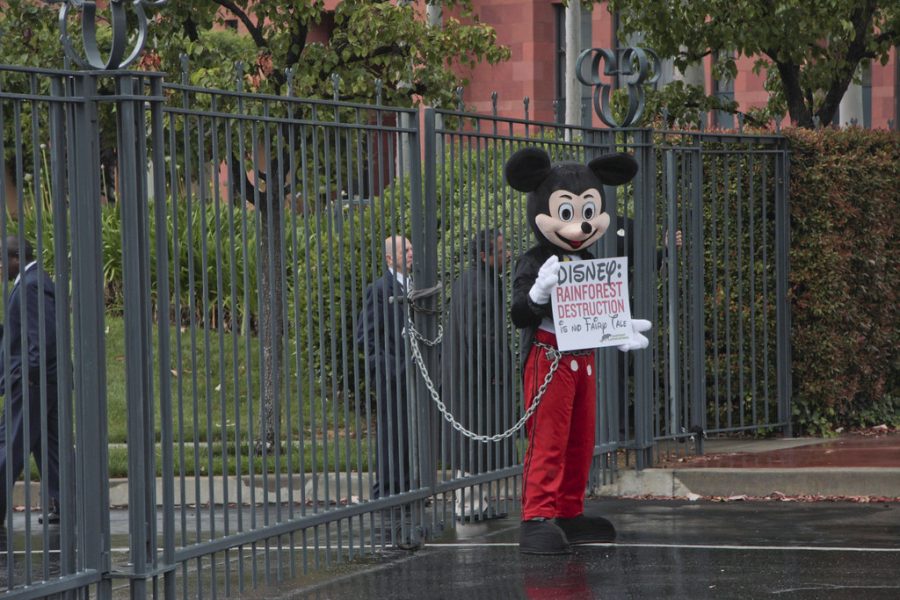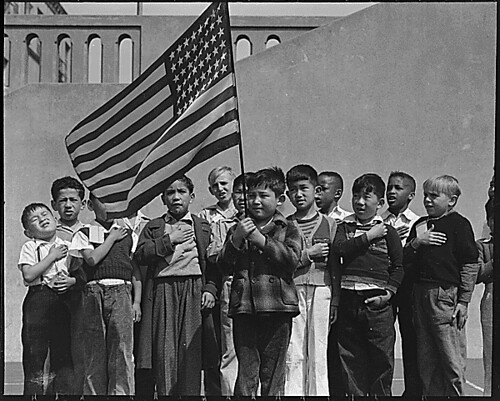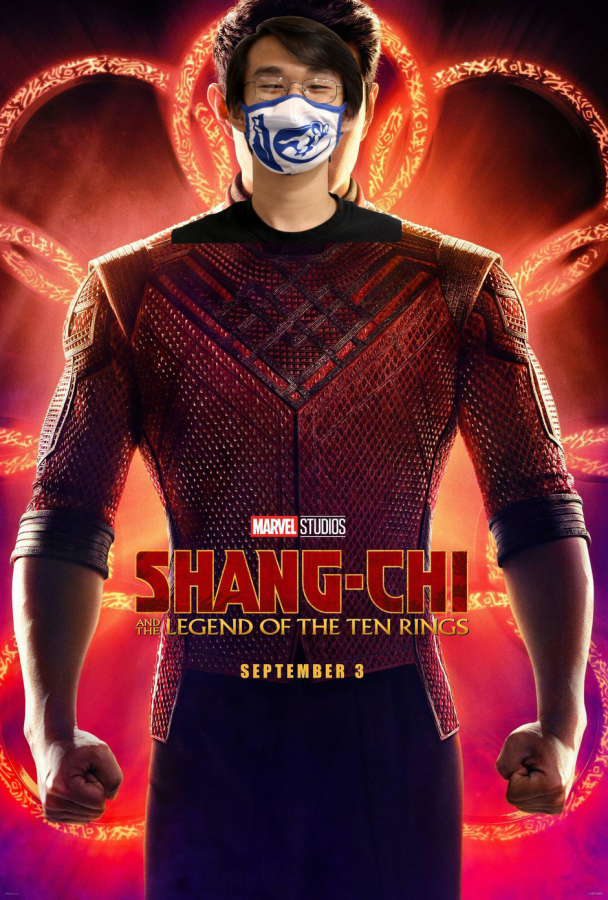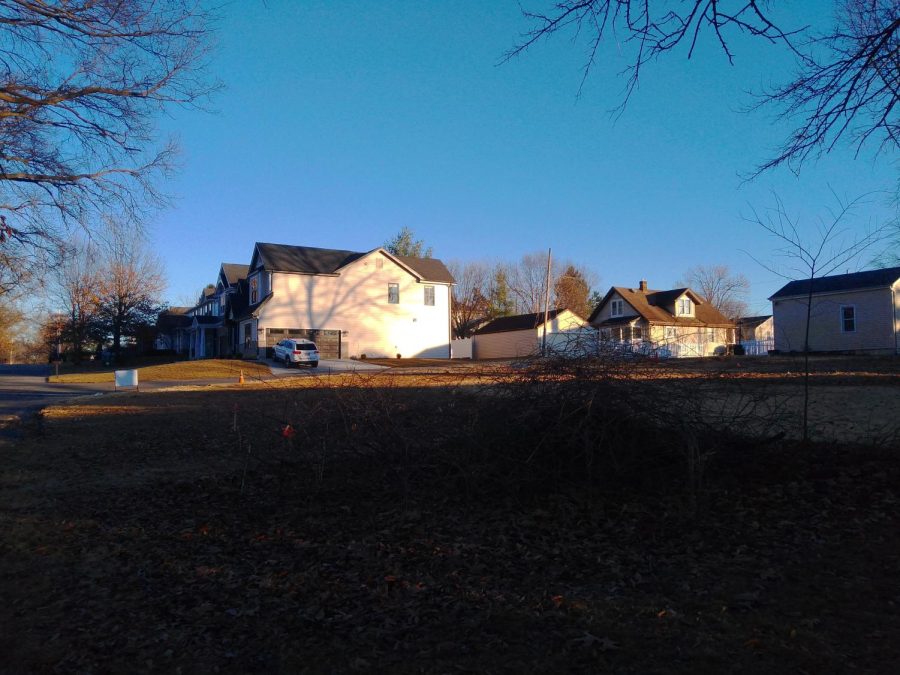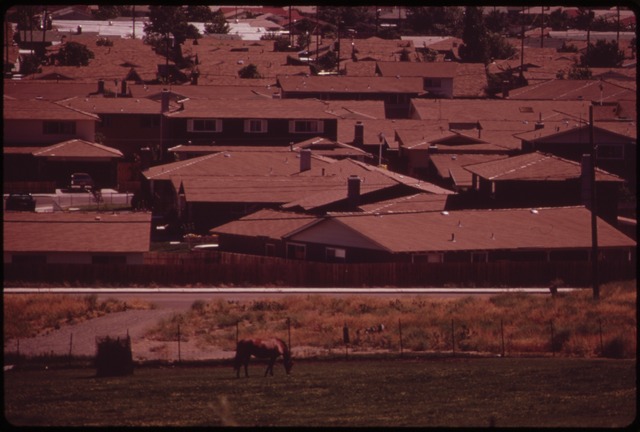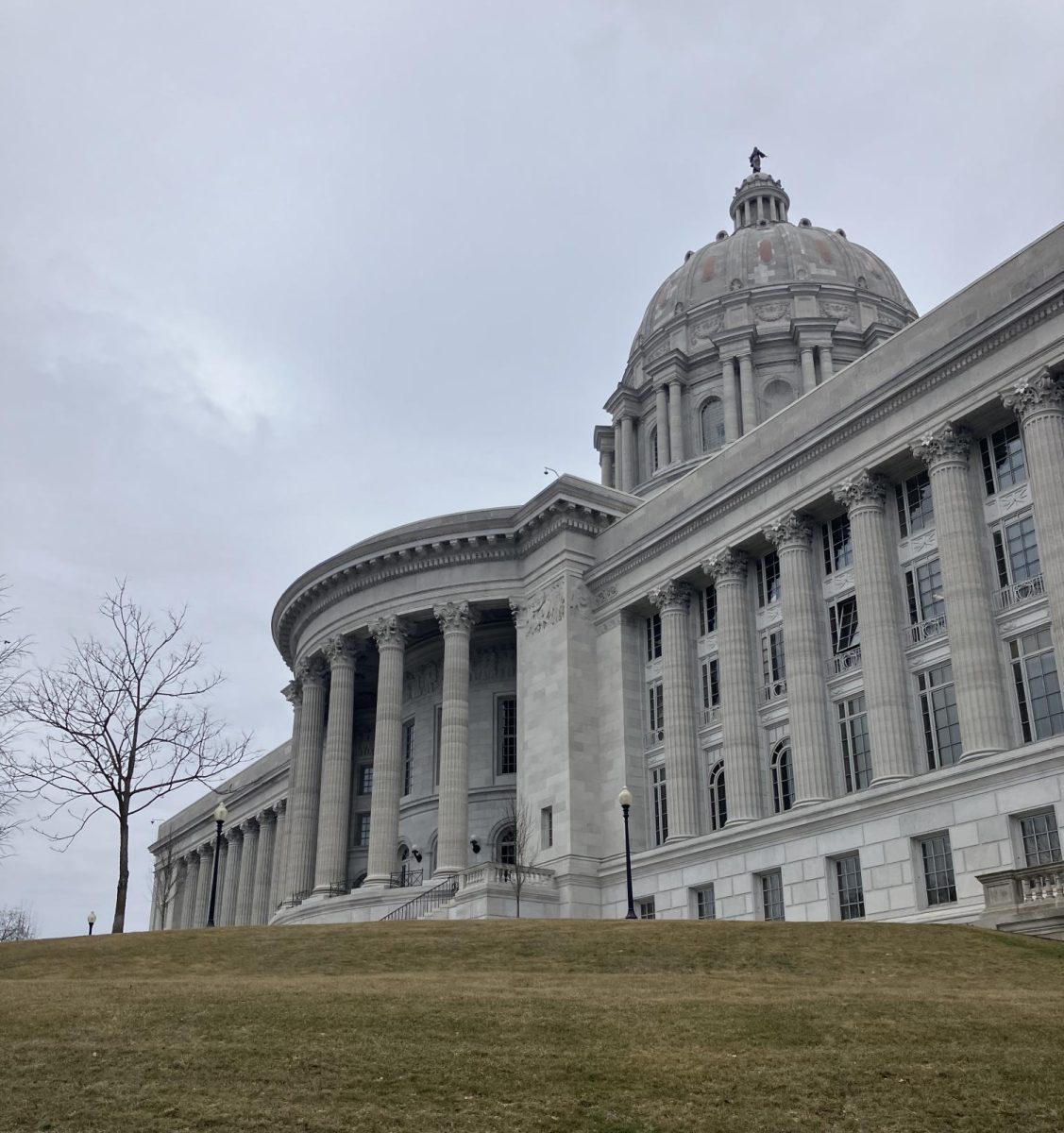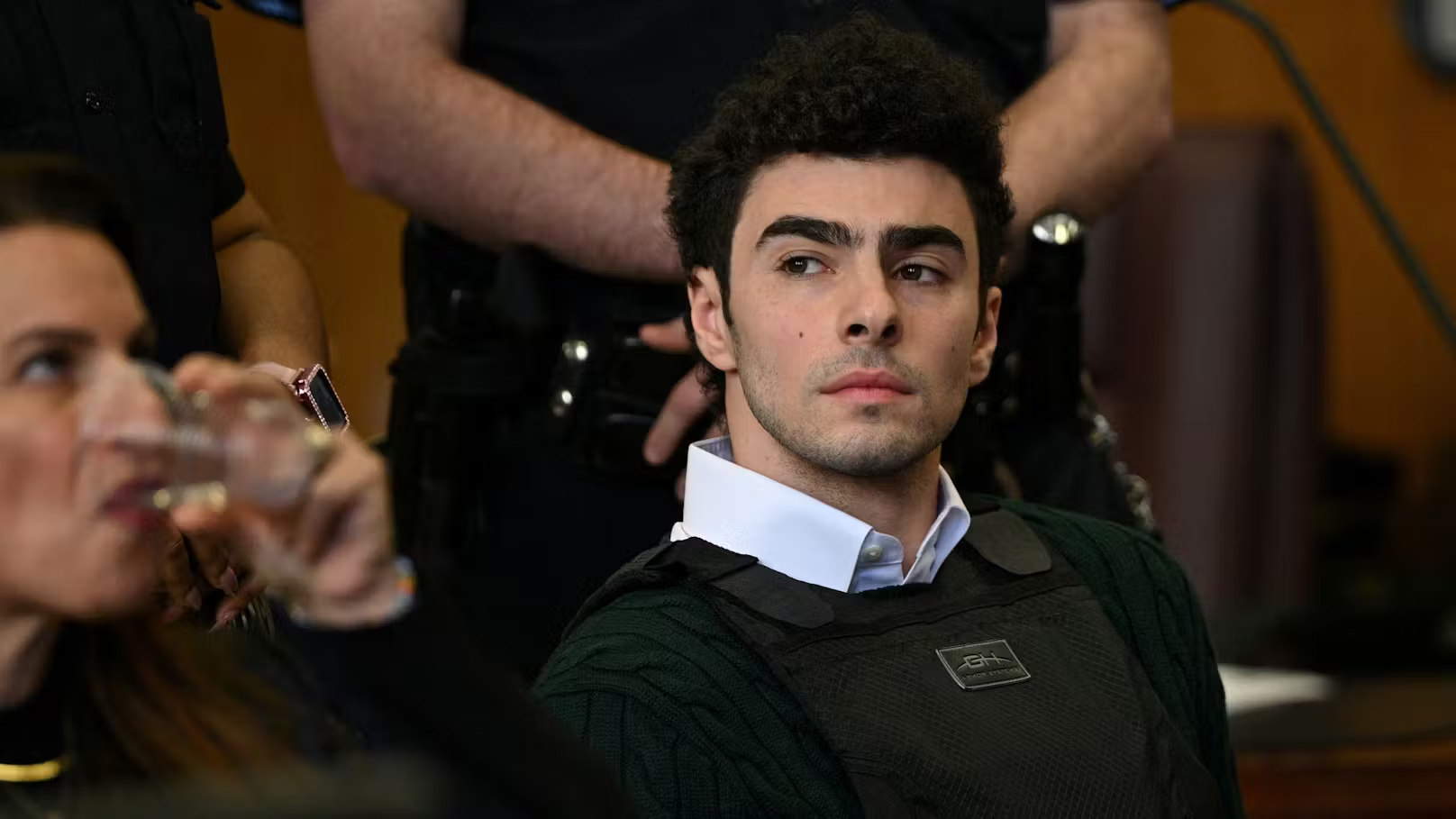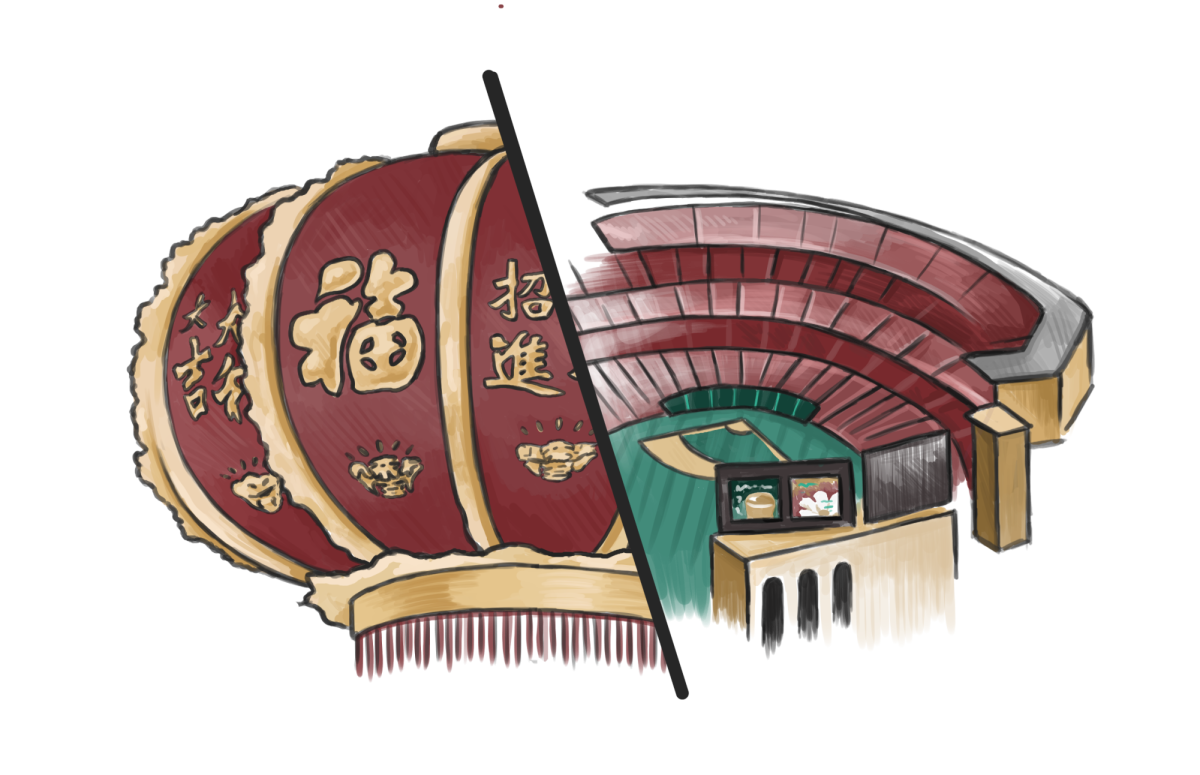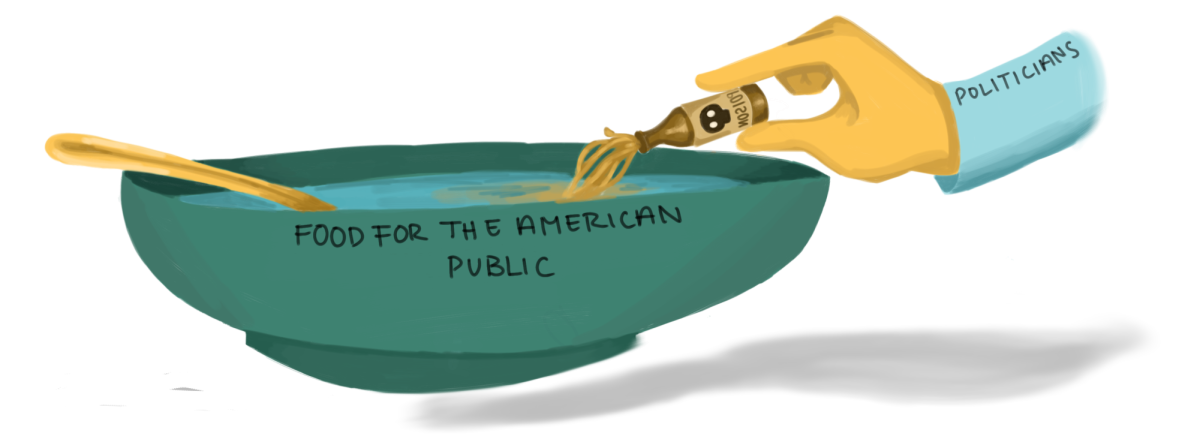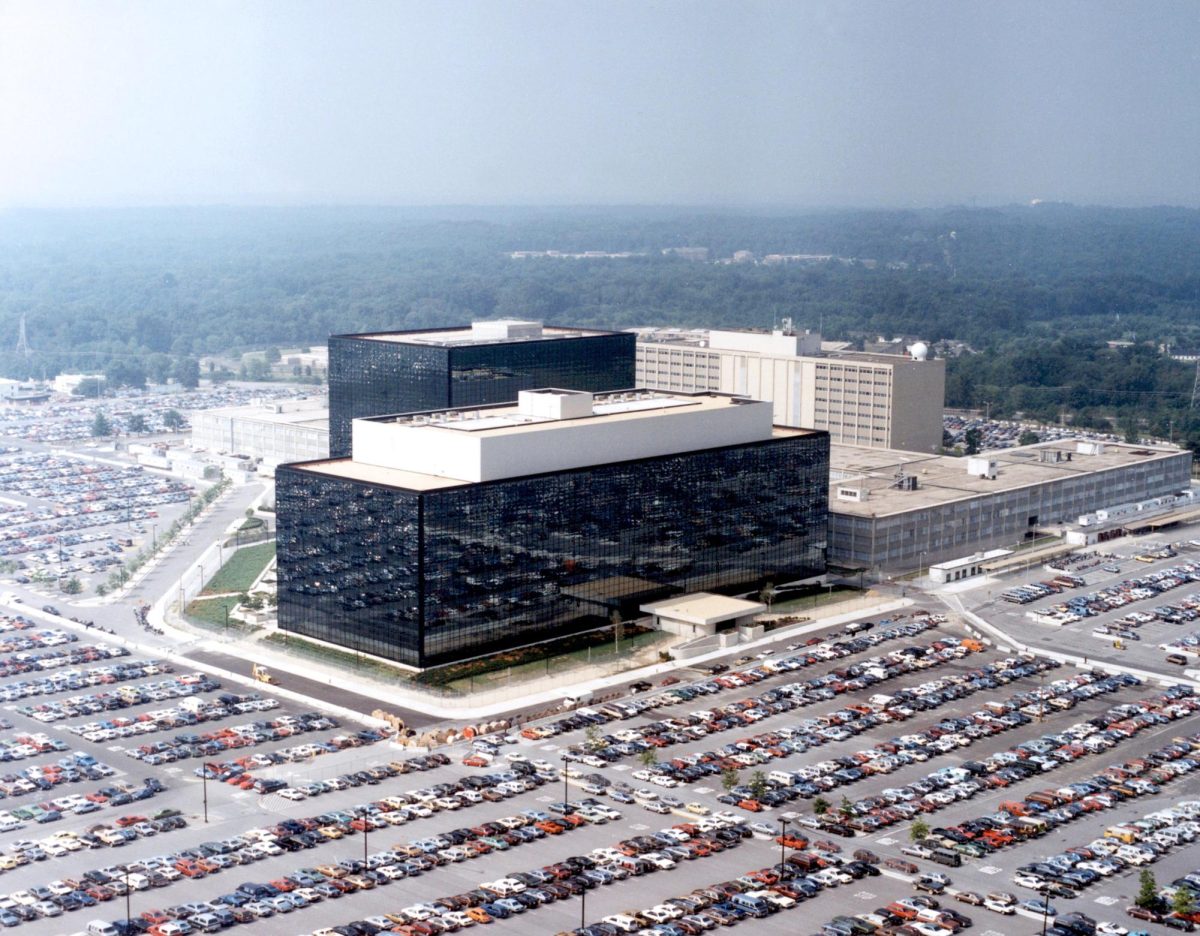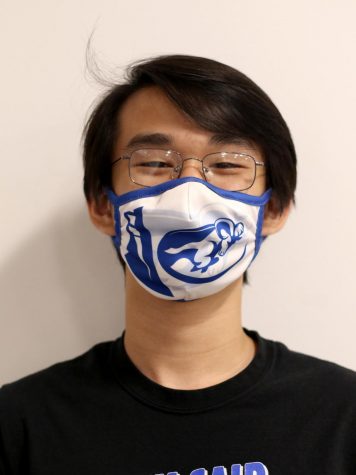I hate systems of punitive control.
To many Ladue students, and me, what is punitive control? Simple. If I do something really bad, then I could get arrested and punished. And to avoid being punished, I and everyone else don’t do that bad thing. It’s the system that prevents us from going 60 in a school zone (hopefully), committing tax fraud and stealing stop signs.
A lot of us have comfortable suburban lifestyles that give us little reason to dislike punitive control. Or rather, our lifestlyes give us little opportunity to look into the reality of punitive control. I don’t have personal experiences with police brutality because I look the way I do and I was born into a middle-class family. But for people who have darker skin tones, less money, or just different zip codes than I do, things change dramatically.
Punitive control turns into punitive violence. Systems that make us drive slower bend others into “obedience” by whatever means possible. This means lethal force. This means bullets, riot gear, tanks, chokeholds and all the other common images given to the police that are noticeably absent in most Ladue neighborhoods.
Thus, my distaste for the American way of punishment, which is especially prevalent in St. Louis where our Metropolitan Police kill the most people out of any major police department in the US.
So let’s cut the antics. Let’s talk about punitive control and punitive violence honestly. And let’s not forget where it started for our generation: in 2012, Trayvon Martin was shot in Sanford, Fla. The cop who shot him? Acquitted. Free. Then in Aug. 2014, in Ferguson, Mo., Michael Brown, an unarmed black teen, was shot seven times in broad daylight. Seven times. His body was left to rot in that summer heat for four hours. And the officer who killed him? Acquitted. Free.
Michael Brown’s death was visceral, traumatizing and sickening for St. Louisans. But Michael Brown is only the tip of the iceberg of St. Louis police violence and the outrage against it. In 1970, a grassroots organization called ACTION released Thugs in Blue Uniform, which reported uncovered stories of civilians victimized by St. Louis officers. 1983 saw the emergence of the Coalition Against Police Crimes and Repression (CAPCR), which indicted Joseph Ferrario, the St. Louis City officer who killed Marilyn Banks.
And this past January, ArchCity Defenders released Death by the State, a report which “identified at least 179 people who were killed by police or who died in jail custody between 2009 to 2019 in the St. Louis Region.” Of the 132 who were killed by police, 72% were black and 53% were killed by St. Louis Metro.
So you can imagine how I felt when St. Louis mayor Tishaura Jones decided to move 30 officers to downtown patrols in response to recent crime. And equally terrible is the “downtown public safety committee” made by Jones recently, which notably consists of several business executives determining the “safety” of neighborhoods they have hardly stepped foot in.
This safety committee is as confusing as it is idiotic. Public safety experts like St. Louis Cardinals President Bill DeWitt III and Stifel Nicolaus director Laura Radcliff, who I’m sure deal with crime and violence on a daily basis, have a seat at this round table. But do they deserve it and should they be there?
To answer this, I’ll echo my favorite rapper, Kanye West, who once said, “Look at [Lady] Gaga, she’s the creative director of Polaroid. I like some of the Gaga songs but what… does she know about cameras?”
I like the Cardinals, but what does Bill DeWitt III know about public safety?
Seriously, what do any of these business executives understand about public safety, crime and the people most affected by it (which is not themselves, let’s be clear)? The truth is they know little about downtown safety, but they do have a stake in downtown appearing “safer” because it would directly impact their businesses. It explains the praise from other downtown business owners and the radio silence from… everyone else.
Whatever the result, the intention seems clear: make downtown more attractive for shoppers and spenders. Alongside advocating for increased police presence downtown, they’ve also tried to advocate for more events and concerts in an effort to increase foot traffic.
This is not a downtown safety committee, this is a downtown business committee. These business executives don’t care about safety. They care about making money, which currently coincides with how “safe” downtown St. Louis seemingly is. So yes, they do belong at the round table, but what this table represents is more sinister than meets the eye. This table serves business interests, not downtown residents.
And our panel of experts concluded that the current state of downtown is not “safe” due to recent shootings and violence. Fair enough. If prospective Blues players are getting robbed, why am I not the next target of crime? Someone has to do something about this crime wave!
The solution, according to Mayor Jones, is just to put more police in the area. To do what exactly? According to Public Safety Director Dan Isom, officers will “do more enforcement of parking rules, park curfews [and] license plate tag issues, just to name a few.”
Interesting plan. Even more so when you consider that Mayor Jones and Director Isom have both come out and said that increasing law enforcement is over-emphasized as the answer to violent crime. Where’d that logic go when making this decision?
In all fairness, that logic probably stuck with Mayor Jones through this decision. It’s that the decision lost all logic through politicking. After all, her efforts were able to slash the police budget by $4 million and she’s advocated plenty of times in the past against this type of action.
So the sudden 180 can be explained by one of two things. Either Mayor Jones has completely abandoned her campaign commitments and the promises she ran on, or external pressures put her in a position where increasing police presence was about as good an outcome as she could bargain for.
And I doubt that Mayor Jones has given up on her voters. Especially because in response to criticism about the police patrols, her spokesman Nick Dunne said, “our commitment to alternatives to policing has not wavered in the effort to protect the people of St. Louis.” But these are all just extrapolations.
My best guess is: money, money, chit-chat, some scribbling… and ta-da! Mayor Jones shows up out of the blue at Kiener Plaza announcing these awful decisions. At the end of the day, the outcome is the same regardless of how the sausage was made. And the outcome is… 30 more cops are going to be intensely monitoring downtown license plates. Ah, I feel safe now.
This “plan” for downtown safety is just hollow. We’ve known for years that being punitive isn’t the answer to crime. It only reinforces the oppression that marginalized neighborhoods experience, like the ones in downtown St. Louis which are 44.2% Black. Black and poor communities become overpoliced due to increased police presence in combination with policies like stop-and-frisk, broken-windows policing, no-knock warrants, police militarization and so much more. And cities like Memphis and New York City show exactly why bolstering police forces has nothing to do with lowering crime rates. It actually has a deceiving effect: crime rates don’t budge, but arrests that target these communities skyrocket. Most of the time, the arrests aren’t even for violent crimes, but instead for minor offenses, like drug possession. Thus, public safety isn’t salvaged under policies of punitiveness, instead the sheer amount of people awaiting trial, in jail and in prison increases.
Once marginalized offenders are arrested, they become entrenched in the criminal sentencing regime where public defenders that represent them have to deal with massive caseloads, mandatory minimums, other unjust sentencing laws, cash bail systems and prosecutorial misconduct that guarantee that any offender who enters the criminal justice system will become more impoverished and more vulnerable during their stay. Or worse and more likely, incarcerated.
And thus, increased police presence only leads to more Black and poor people thrown into cycles of arrest and incarceration, probation and poverty as a result of their “criminal” or “felon” status. The lengthy and haunting backstory of the monstrous American criminal justice system explains why this country has the highest incarceration rates and prisoner count of any nation on Earth.
It may seem that I’m irrationally upset about this simple move. 30 officers and a committee? Yeah, who cares, right? And it may be correct that all this is inconsequential. But because it’s Tishaura Jones, I did a double take. We saw the promising progressive St. Louis mayor meddling with business executives. We saw Mayor Jones reverse stances on the importance of policing. We saw an action that tightens the grip of a brutal police force on downtown residents.
It felt like a single message rang true throughout all this. “This is our turf. This is our downtown and we do what we want here.” What else will business elites and Jones do in their steadfast determination to make downtown as “presentable” as possible?
Google “LASD gangs.” Rest in peace to all those who were murdered at the hands of police.
Special thanks to Sydney Collinger for contributing to this column.
In conclusion, I hate politics.


